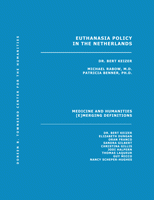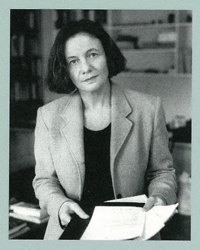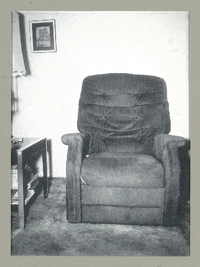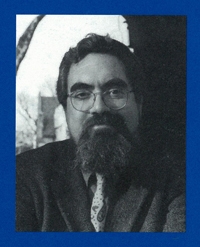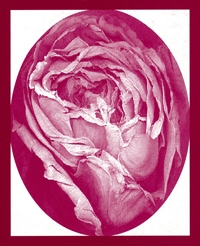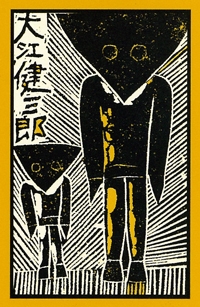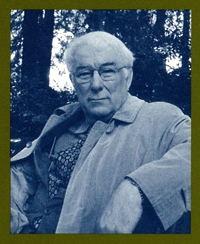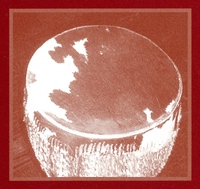Occasional Papers
In March 2004, in collaboration with the Center for Medicine, Humanities, and Law, the Townsend Center sponsored a week-long residency with Dutch physician and writer Bert Keizer. Dr. Keizer is particularly known for his book, Dancing with Mr. D., a personal account of his work with the terminally ill in an Amsterdam critical care facility.
Cannabis, Forgetting, and the Botany of Desire includes the proceedings of several events scheduled by the Townsend Center in celebration of Michael Pollan's residency as Avenali Lecturer for the 2002 Fall Semester. This Occasional Paper includes transcripts of the public lecture Pollan gave as well as the comments of a panel organized to explore the environmental impact of food production in general.
Migrations: The Work of Sebastião Salgado was one of several events scheduled by the Townsend Center in celebration of Sebastião Salgado's residency as Avenali Lecturer for academic year 2001–2002. Planned to complement the Berkeley Art Museum exhibit, Salgado’s lecture—reproduced here in a slightly edited form—was followed the next day by a panel of commentators whose remarks are also included in this Occasional Paper.
Eva Hoffman considers the current preoccupation with memory—as opposed to its referents (history, experience)—and particularly with memory of the Holocaust. She proposes that the intense absorption with memory has largely emerged from the “second generation,” i.e., from those for whom the Holocaust (or other disturbing pasts) has been a crucially formative event, yet one that they themselves did not experience.
Seeing the Difference brings together the texts of a two-day institute on death and dying, aimed at facilitating an interdisciplinary conversation between artists, humanists, and medical practitioners. The project proceeds from a doubled sense of “difference”: a view of death as separation or “difference,” and an acknowledgement that the various disciplines also view death “differently,” developing languages that are too often particular to their own fields.
Traditions of Conversion historicizes and texturizes Descartes’ conversion with a vibrant inquiry into early modern European conversion narratives. In the end, Grafton effectively troubles Descartes’ self-portrait as the embodiment of disembodied reason with an examination of Descartes’ autobiographical notes, which record that the foundations of his new philosophy lay not in reason but in a dream.
Wendy Doniger explores how the concepts of carnal knowledge and carnal ignorance—the result of sexual betrayal, infidelity, and lies about sexual identity—are expressed in the Hebrew Bible, ancient Sanskrit literature, Shakespeare, and contemporary Hollywood film. In particular, she investigates the tension between carnal knowledge and carnal ignorance as it is expressed in the mythology of the bedtrick (that is, sex with someone who pretends to be someone else).
In "The Language of Masao Maruyama," he focuses on the problem of political responsibility in the modern world, taking Maruyama’s major work as his point of departure. In a second (unrelated) lecture, "From the Beginning to the Present, and Facing the End: The Case of One Japanese Writer," Ôe offers an account of his own development as a writer of both fiction and non-fiction.
Sounding Lines captures a vibrant exchange between Nobel poet Seamus Heaney, author of a new translation of Beowulf, and Robert Hass, Poet Laureate and translator of Czeslaw Milosz. In this meandering conversation, Heaney and Hass trace the modulations of meaning generated in the art of translation.
Stephen Katz examines contemporary, commercially produced images of aging and associated seniors-oriented marketing strategies, suggesting that, as such images circulate and acquire representational validity, they obscure our view of the material realities of living, aging, and dying.
